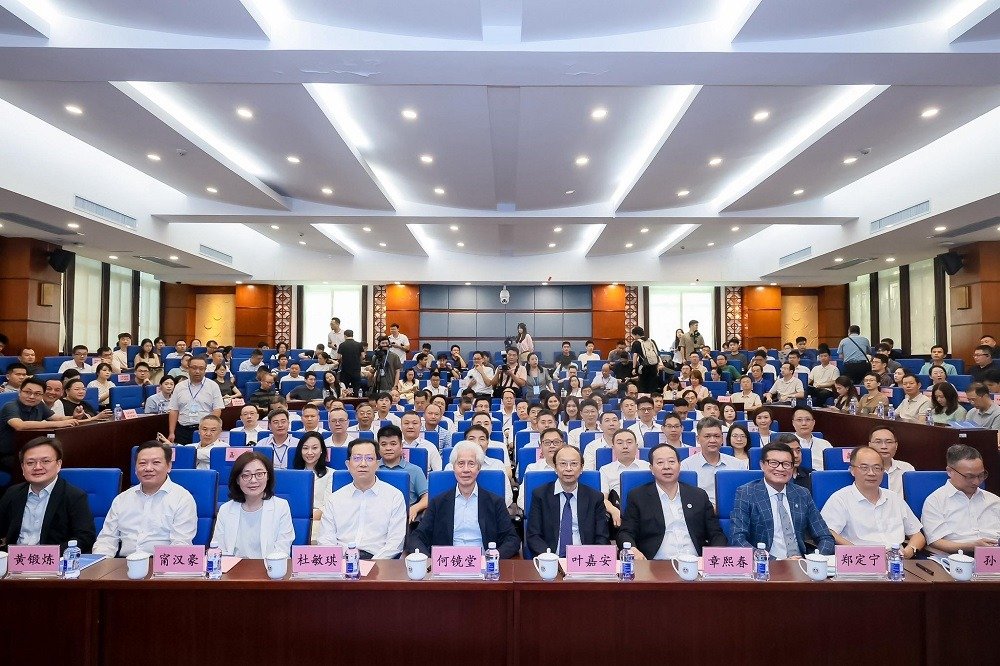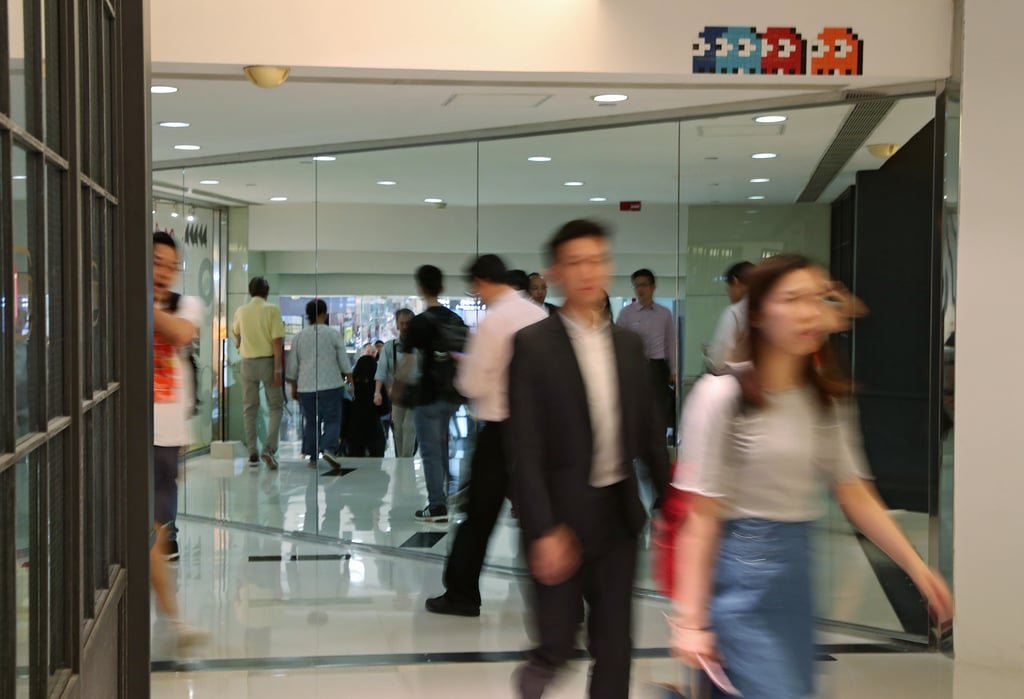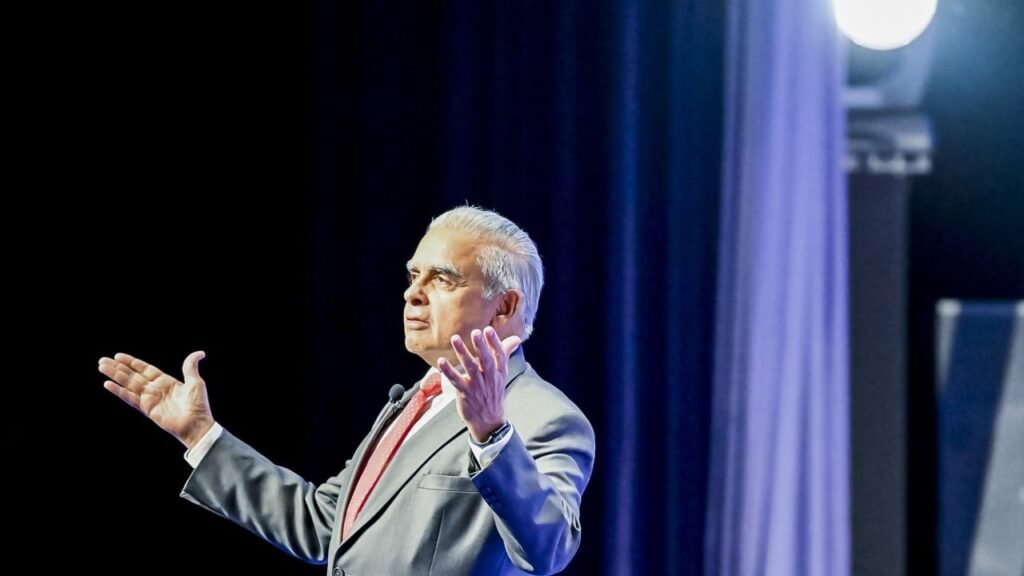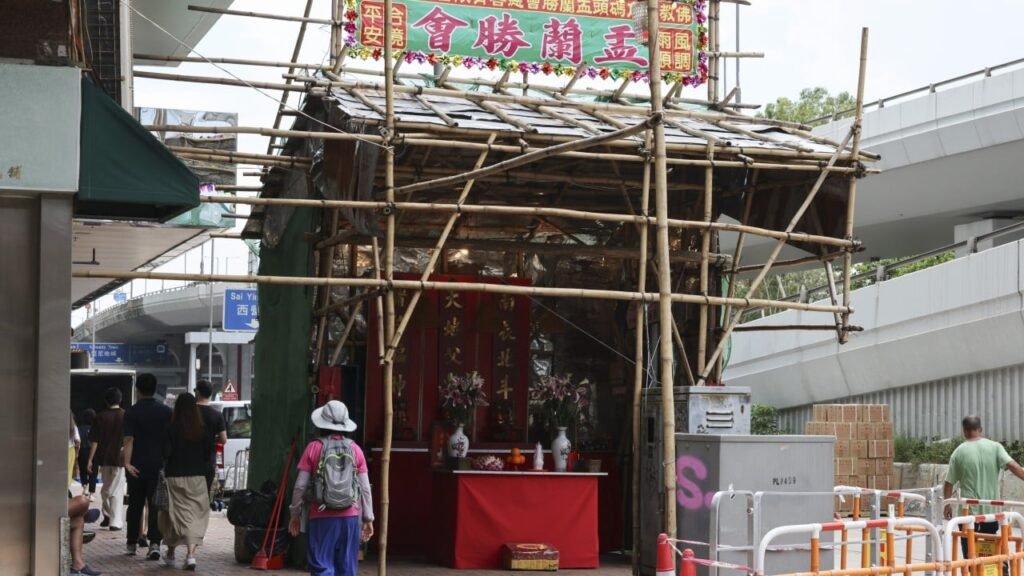
Following mainland China’s stock market, which hit a new 10-year high, Hong Kong’s stock market began to rise. The liquidity rally created by individual investment funds has shifted to the Hong Kong stock market, with mainland transactions exceeding 3 trillion yuan for the second time ever. On the 25th, Hang Seng Tech rose 3.14% from the previous trading day. The performance exceeds CSI300 (2.08%) and Shanghai Composite (1.51%). The rise in Hang Seng Tech and Hong Kong’s H index is due to the fact that the rise of the Gwa Changpan 50 spread to Hong Kong on the 22nd, and uncertainties over platform company regulations have been resolved.
The Chinese version of the Nasdaq Index, which is centered on innovative technology companies, jumped 8.5% on the 22nd. Hong Kong Tech’s rebound was relatively weak as the market led the recent rise in the mainland stock market. Looking at the return on the Exchange Traded Fund (ETF) of the China Index over the past month, “ACE China and Changpan STAR50” was 23.4%, while “ACE China Hang Seng Tech” was only 3.47%. With the advent of DeepSeek earlier this year, the Chinese version of Big Tech, called the Magnificent 7 (M7), has emerged, leading to a surge in Hang Seng Tech. However, after a sharp decline in the face of conflict with the United States, the rise was slower than that of the mainland stock market. Still, the Hang Seng Tech ETF is showing a return of about 5% lower than its peak at the end of March.
In particular, many of the Hong Kong-listed big tech companies are platform companies, and the stock prices of platform companies such as Alibaba and Meituan continued to weaken on the news that the authorities are considering regulations that place restrictions on algorithm pricing to protect consumers and sellers.
On the other hand, expectations that the mainland stock market will weigh on policies related to fostering high-tech industries in the second half of the year and the prospect of a rate cut by the U.S. Federal Reserve (Fed) have boosted the stock market. Baek Eun-bi, a researcher at Eugene Investment & Securities, said, “We expect the gradual inflow of funds to continue until the end of the year due to restructuring policies and expectations for economic improvement.” It also predicted, “In order for a large influx of excess savings to begin in earnest, additional signs of improvement in the real economy are needed.”
As expectations for growth stocks confirmed in the market have shifted to the Hong Kong stock market, it is expected that Hang Seng Tech will also catch up with the rise in the mainland stock market. This is because Big Tech shares rebounded all at once on the same day as uncertainty was rather resolved when China’s National Development and Reform Commission announced a draft price regulation for Internet platforms late last week. Chung Jung-young, a researcher at Korea Investment & Securities, said, “As the Chinese government is inducing domestic demand and economic constitution improvement through the 15th five-year plan, it is expected to be a relatively favorable environment for the Hong Kong stock market, which has a strong new economy.”
Meanwhile, investors’ funds are also flocking to China as the Chinese stock market hits a new high every day while the domestic stock market is trapped in a “boxy.” According to statistics from the Korea Securities Depository, domestic investors net purchased $5.87 million in the Shanghai stock market and $6.19 million in the Shenzhen stock market from the 1st to the 22nd of this month. It is the first time that domestic investors have bought the Shanghai stock market net since February, and the Shenzhen stock market has also been in three months since May.
[Reporter Kim Jerim / Reporter Kim Daeun]







